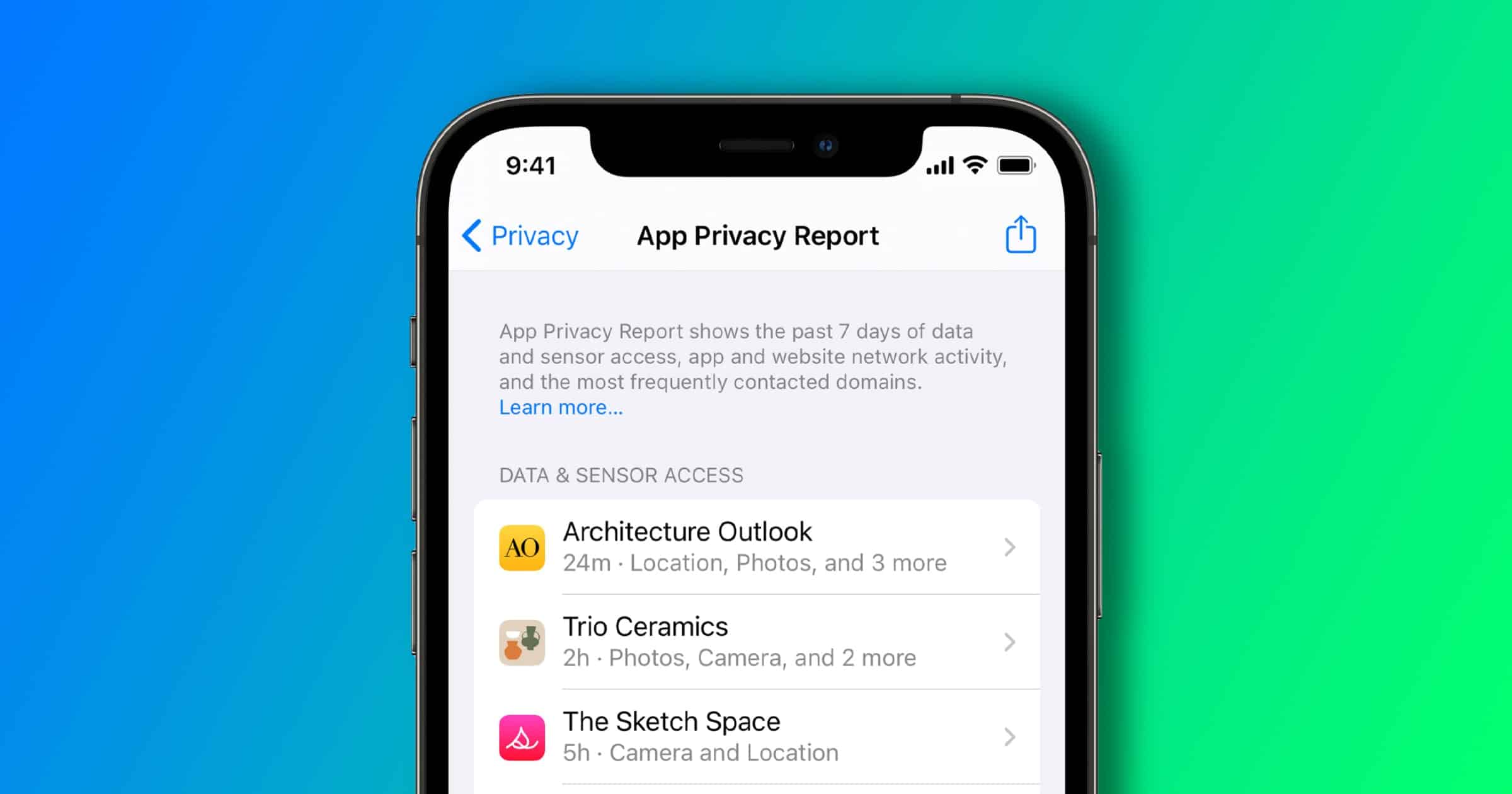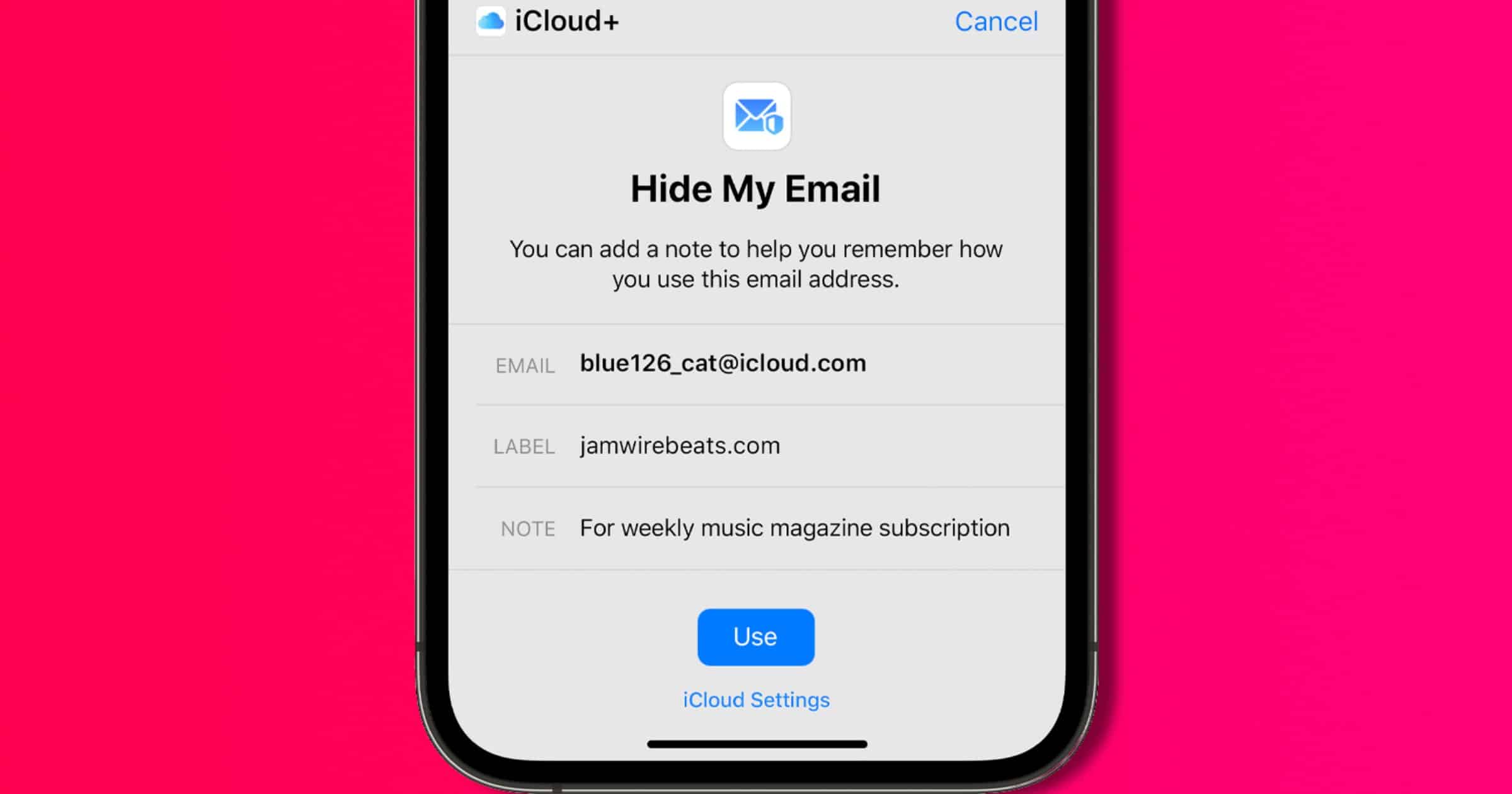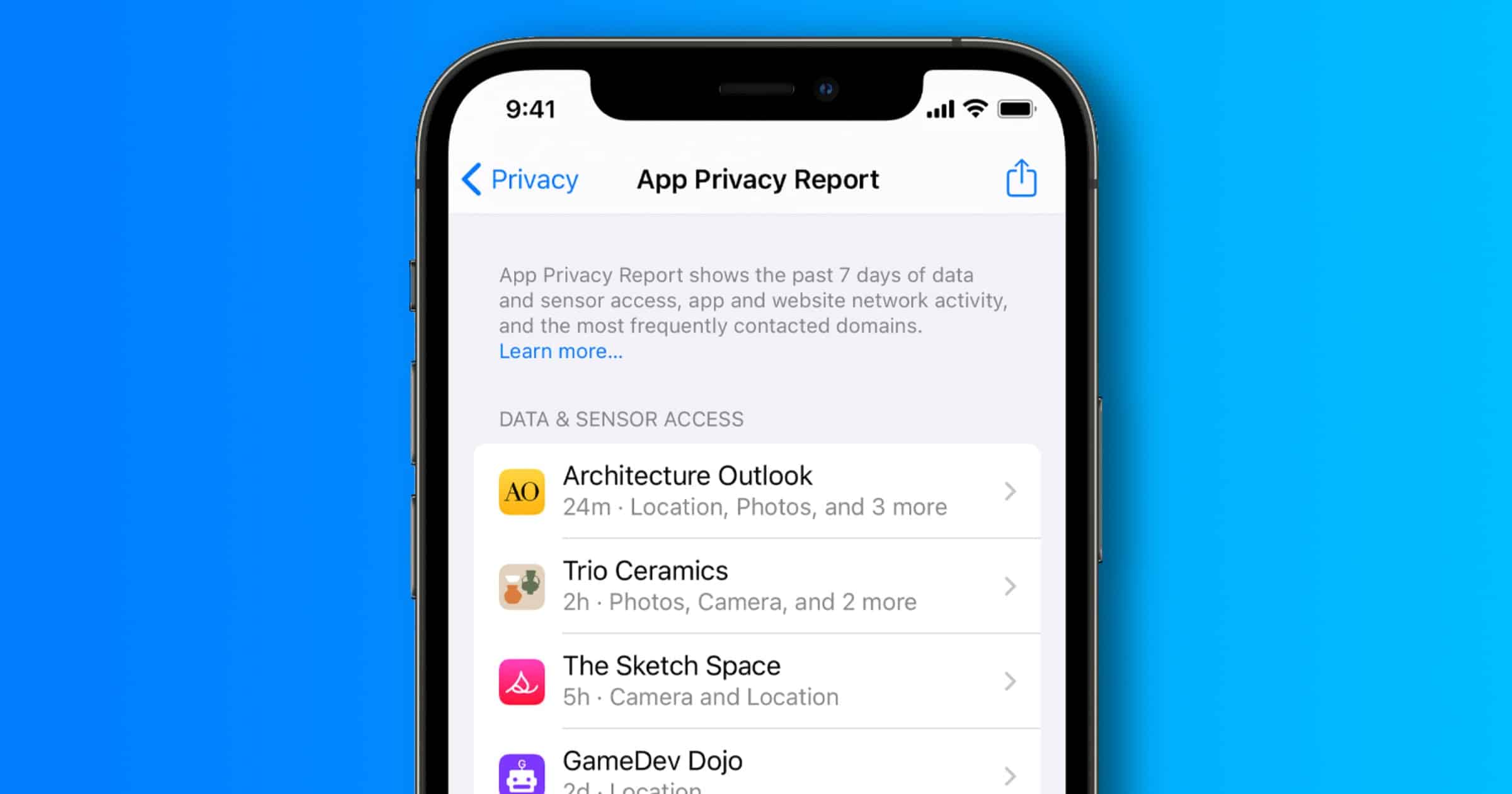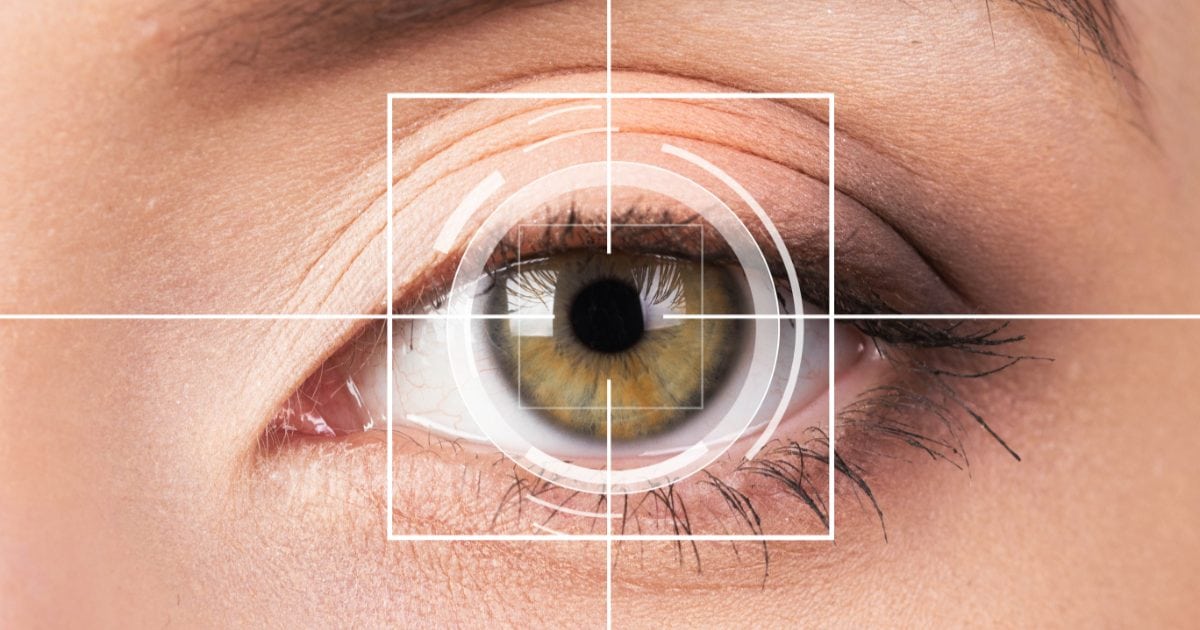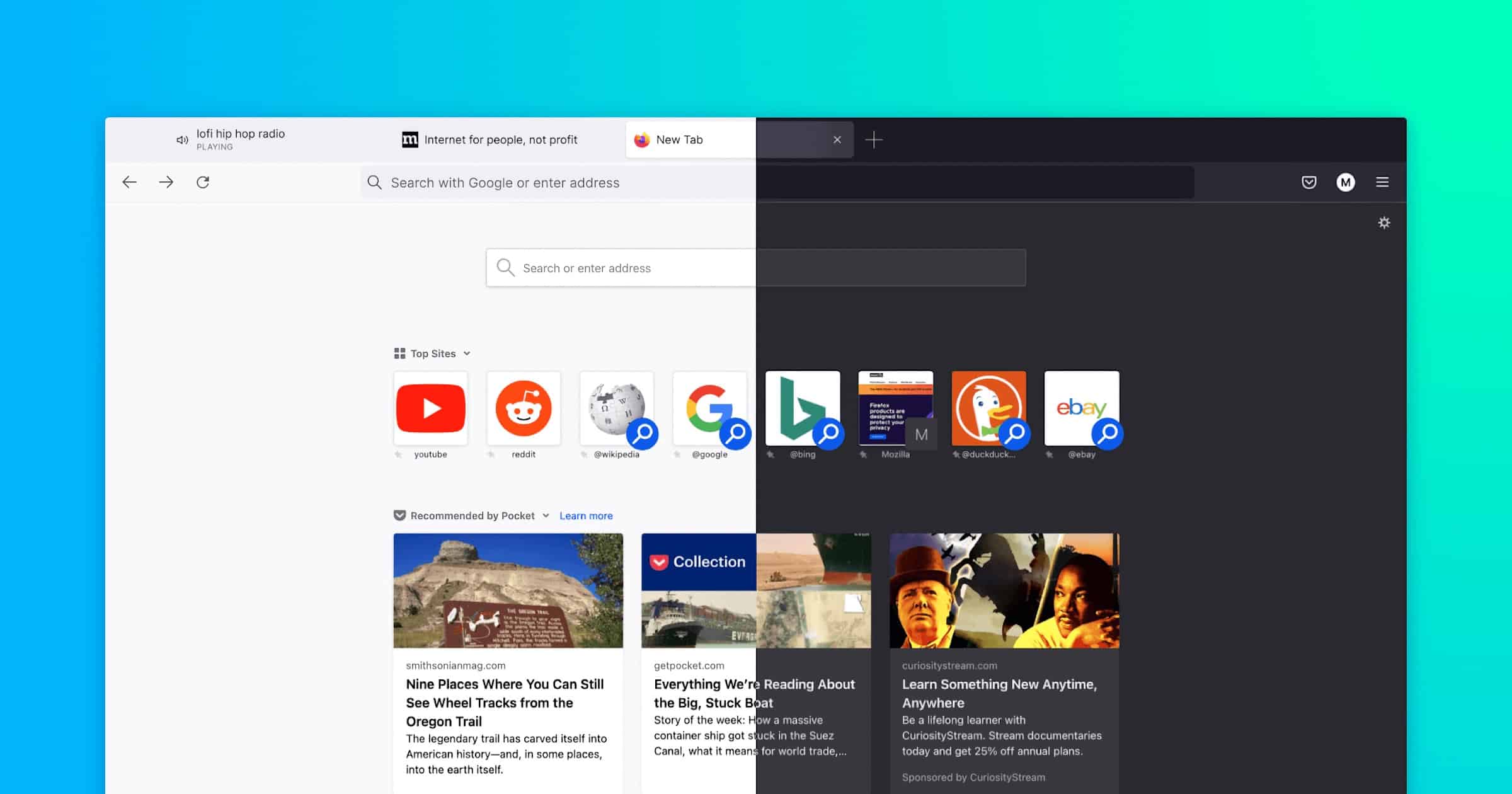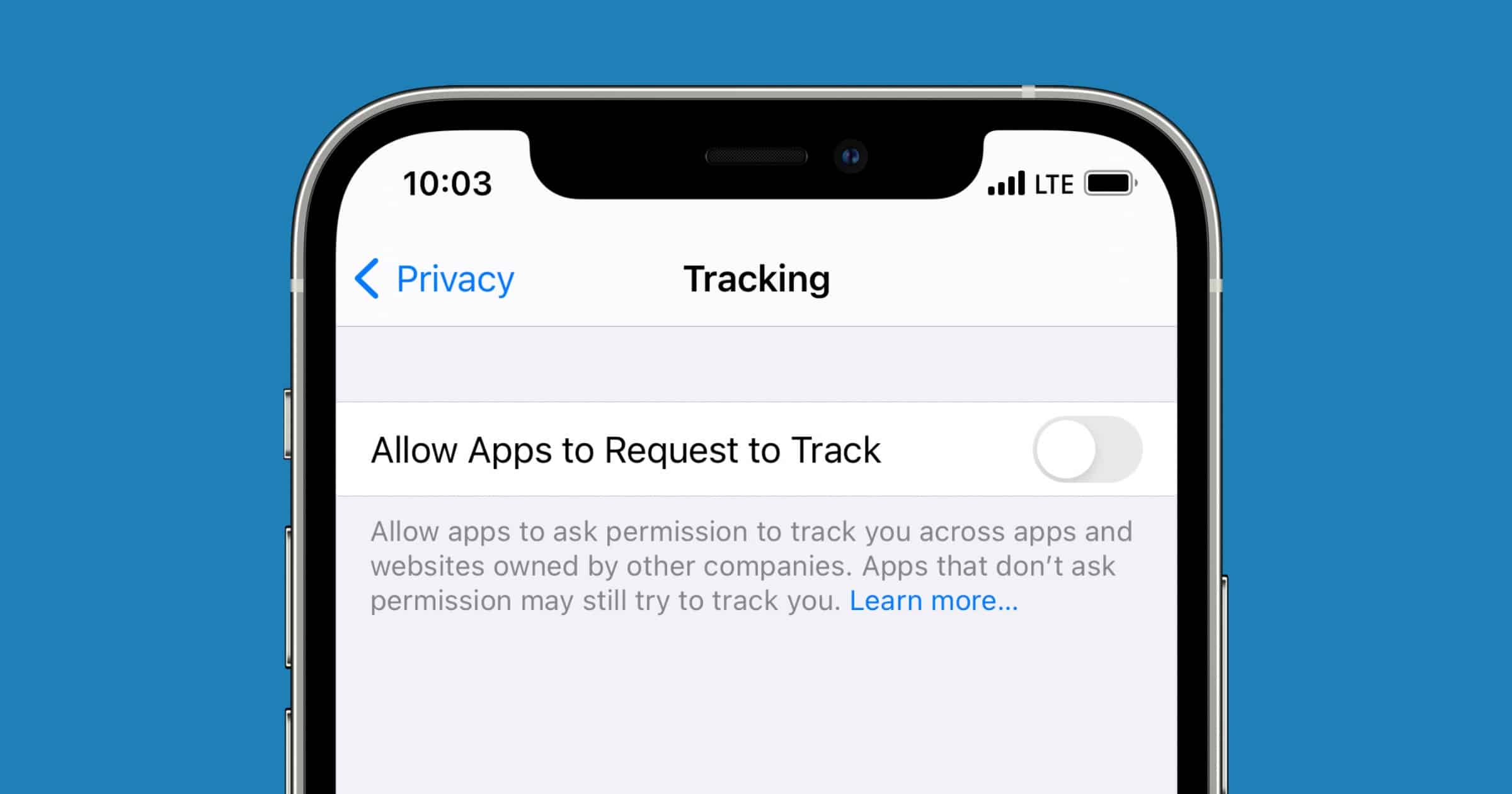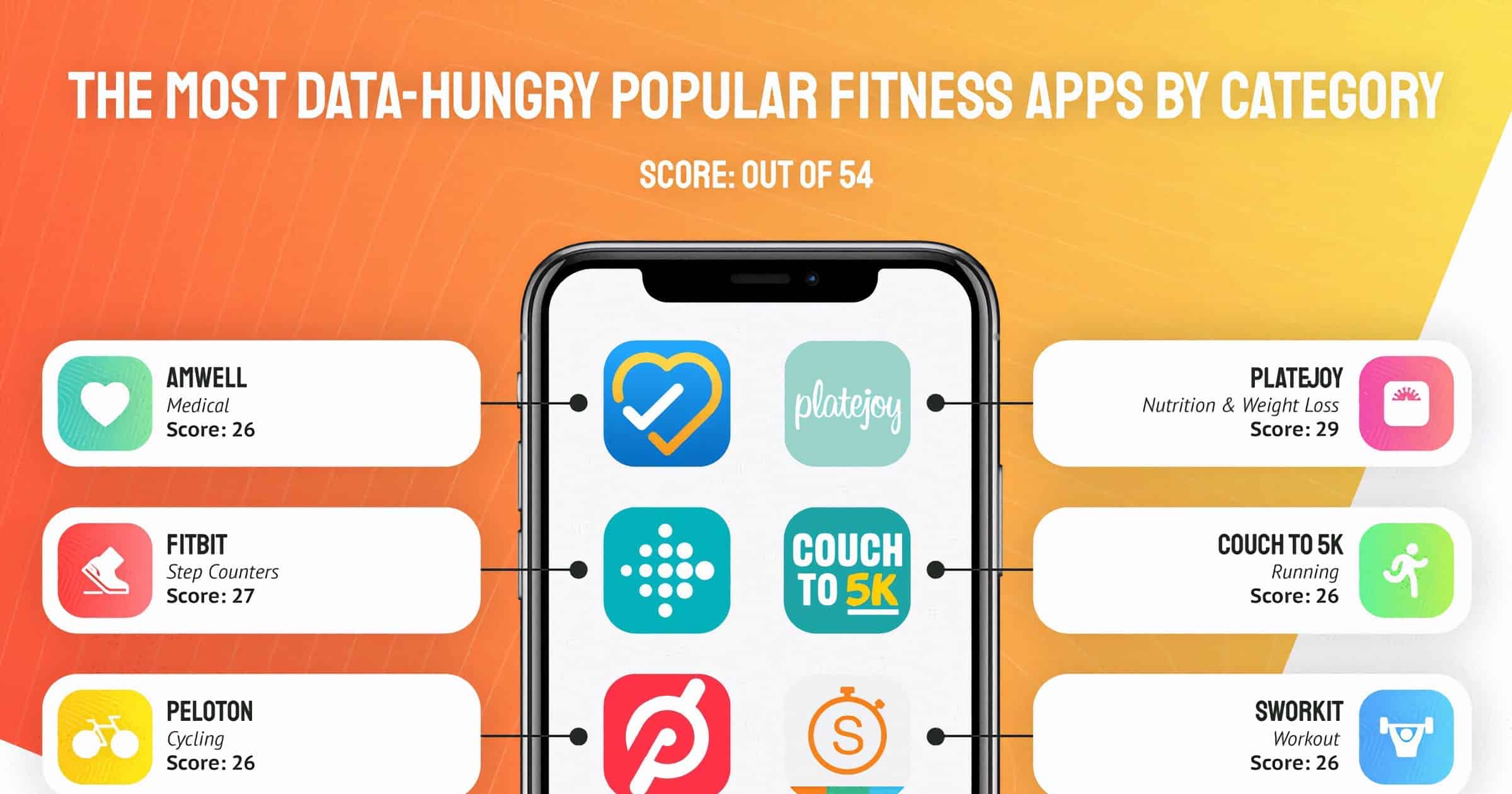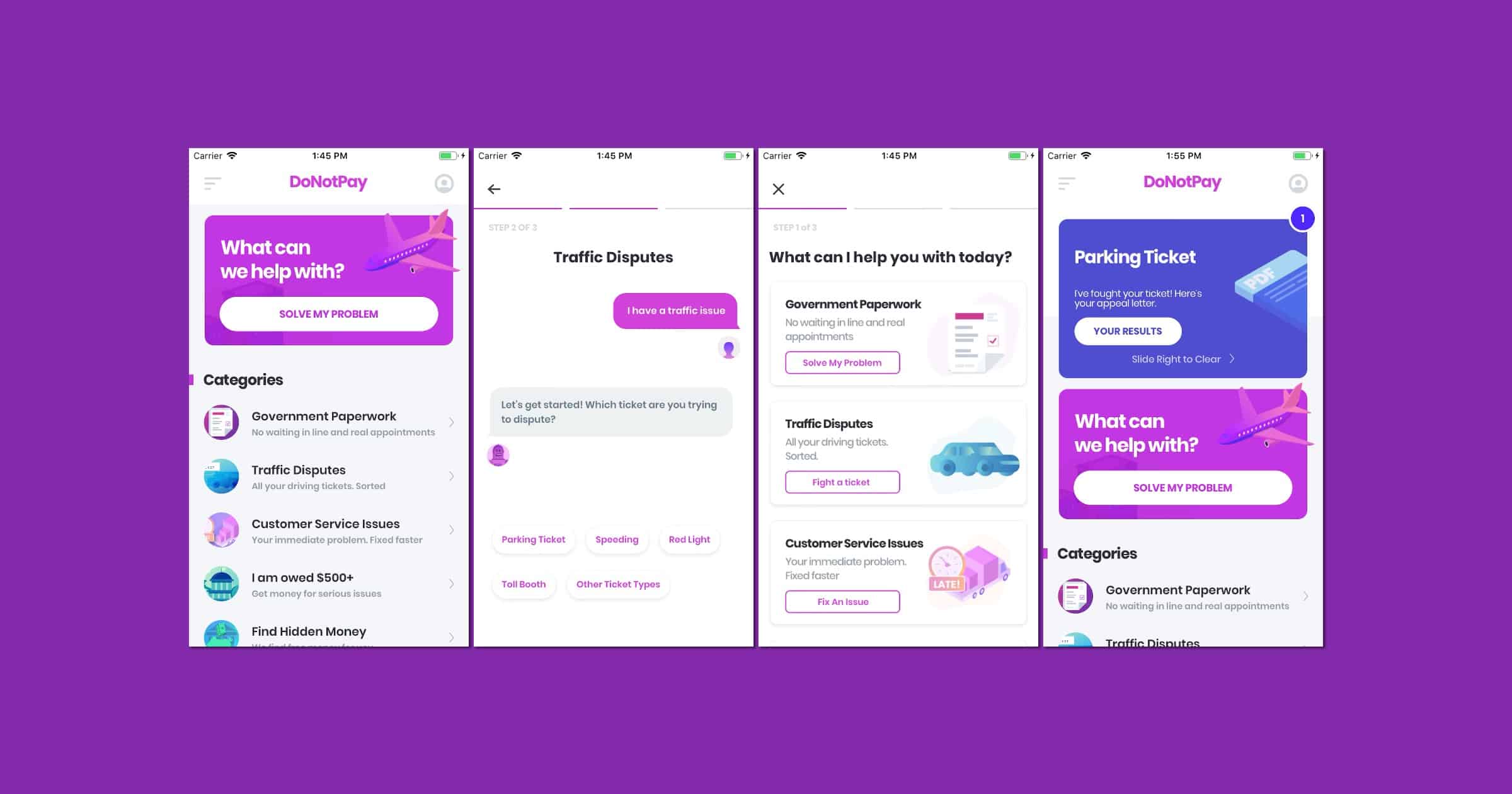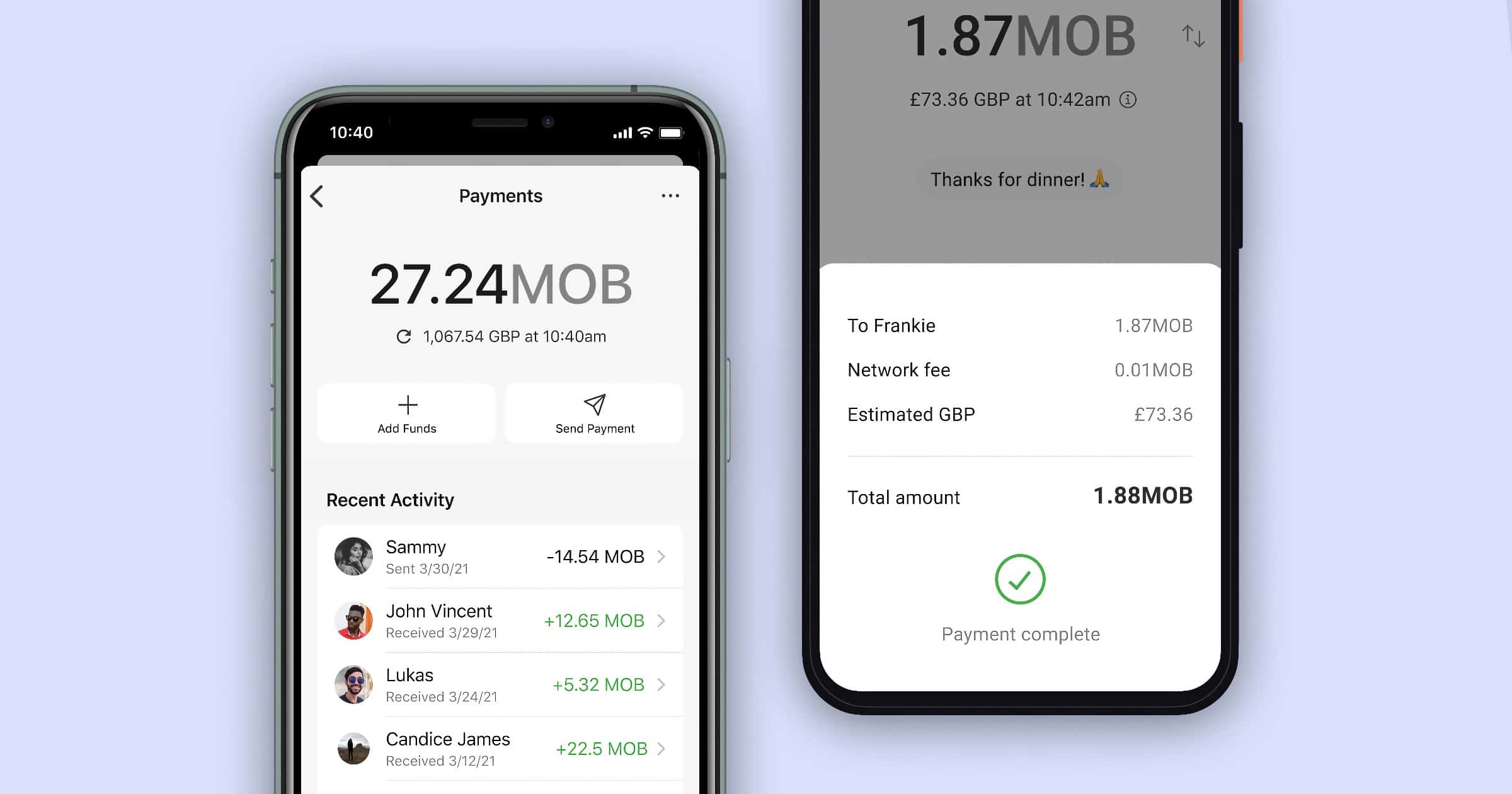Apple announced a swathe of new privacy features for its operating systems, and Apple VP Craig Federighi spoke about the new changes.
privacy
WWDC 2021: Here are the Companies That Said "Oh S&@#!"
During Apple’s WWDC 2021 event on Monday, Andrew couldn’t help but notice the new ways in which the company is competing with rival services.
WWDC 2021: New Privacy Features Coming to iOS 15 This Fall
At Apple’s Worldwide Developer Conference for 2021, the company announced major privacy features coming to its operating systems like iOS 15 and iPadOS 15.
TikTok Will Collect Biometric Data From US Users
TikTok updated its privacy policy on Wednesday, adding a new section about collecting biometric data from users. This data includes “faceprints and voiceprints.”
The statement itself is vague, as it doesn’t specify whether it’s considering federal law, states laws, or both. It also doesn’t explain, as the other part did, why TikTok needs this data. It doesn’t define the terms “faceprints” or “voiceprints.” Nor does it explain how it would go about seeking the “required permissions” from users, or if it would look to either state or federal laws to guide that process of gaining consent.
PayPal Cancels Customer Who Donates to Tor Browser
The Electronic Frontier Foundation (EFF) reports that a PayPal has shut down the account of a person who had recently donated to the privacy browser Tor.
Firefox 89 Gets Design Overhaul and ‘Total Cookie Protection’ Feature
Mozilla has released Firefox version 89 on Tuesday, bringing a new design for desktop users and a privacy feature called Total Cookie Protection added to private browsing.
We’ve enhanced the privacy of the Firefox Browser’s Private Browsing mode with Total Cookie Protection, which confines cookies to the site where they were created, preventing companies from using cookies to track your browsing across sites. This feature was originally launched in Firefox’s ETP Strict mode.
More information on Total Cookie Protection can be found on Mozilla’s blog.
Facebook-Funded Study Says iOS 14 Privacy Settings are Harmful
A paper that was recently posted to Social Science Research Network says that iOS 14’s App Tracking Transparency harms competition and consumers.
Facebook Can Get Location Data From Your Photos
iOS users can limit their location exposure to apps that ask for it, but your location is leaking in another area: Your photo metadata.
I took a photo with my iPhone and then uploaded that to my Facebook account. I used Facebook’s app on my iPhone, the same app that has been told “never” to access my location, the same account that knows I have this switched off. But Facebook still collects the location tag from that photo, along with my IP address.
It’s important to note that Facebook and other companies have had this ability for years. This is not, as the Forbes article implies, a response to iOS 14.5 App Tracking Transparency. The app I use to view and edit metadata is Metapho.
Livestream Recording: Ending Child Surveillance
On Thursday I joined a livestream from Fight for the Future. Parents and experts talked about the dangers of social media and how many of these companies spy on kids the same way they spy on adults. For kids it also happens in schools with tools like proctor software. With the launch of EndChildSurveillance.com, parents and privacy advocates alike want to fight back. You can watch the livestream recording below.
What’s Wrong With AirTags? Stalkers and Security
One report about AirTag on Thursday show that more security researchers are exploring the device, and another says it is a “gift to stalkers.”
Password Managers: How Do They Work? – TMO Daily Observations 2021-05-11
Andrew Orr and Bryan Chaffin join host Kelly Guimont dig deep into password managers, how they work, and why you need one.
These are the Most Data-Hungry Health and Fitness Apps
A recent study examined privacy policies of the top health and fitness apps to determine which ones track the most data.
Let WhatsApp Harvest Your Data or It Will Restrict Your Account
Facebook-owned WhatsApp has a controversial new privacy policy that says it will share your data with Facebook companies.
Stop Instagram for Kids, Say 44 Attorneys General
Forty-four attorneys general wrote a letter in protest of Facebook’s plans to create Instagram for Kids.
Photo Ninja by DoNotPay Can Confuse Facial Recognition Algorithms
DoNotPay can perform a variety of tasks for you, like cancelling subscriptions, appealing parking tickets, and dealing with copyright protection. It has a new service called Photo Ninja that can help block facial recognition.
Photo Ninja uses a novel series of steganography, detection perturbation, visible overlay, and several other AI-based enhancement processes to shield your images from reverse image searches without compromising the look of your photo.
Cryptee Photos Adds Tagging for Better Organization
Cryptee is an online-only end-to-end encrypted storage platform, and recently added tagging to its Photos component.
First things first. All your tags and photos are encrypted and private. So we can’t see them. Now keep that in mind, and be prepared to be mind blown.
It’s 2021. We thought tagging should be as easy as typing out the tags in natural language. So we thought it would be amazing if you could tag your photos in Cryptee Photos the same way you tag your photos on Instagram or Twitter with hashtags.
What iOS Changes (Might) Mean for the Advertising Industry — Media+
Adweek’s Andrew Blustein joins Charlotte Henry to look at the dramatic impact the introduction of Ad Tracking Transparency (ATT) by Apple could have on the advertising industry.
‘The New Oil’ Website is a Resource for Privacy
The creator of The New Oil shared his website that gives people resources on privacy. But it’s not just a list of private tools to use. Instead the goal is to give people context and explain concepts like data breaches, why strong passwords matter, encryption, and more.
Most of us are not strangers to the concept of surveillance capitalism and targeted advertising. Most of us don’t particularly care, either. After all, who wouldn’t want relevant ads for movies or products that might actually appeal to you or improve your life? The thing is, most of us don’t understand the aggressive measures these companies go to to create those marketing profiles, or the devastating effects they can have on people.
Behind ‘UID2’, a Way for Advertisers to Track Your Email
The EFF wrote a detailed post about UID2, a proposed way to make it easier for advertisers to identify people via their email.
UID2s will be connected to people, not devices. That means an advertiser who collects UID2 from a website can link it to the UID2s it collects through apps, connected TVs, and connected vehicles belonging to the same person. That’s where the “unified” part of UID2 comes in: it’s supposed to make cross-device tracking as easy as cross-site tracking used to be.
But this will also create new incentives for sites, apps, and connected devices to ask users for their email addresses.
All the more reason to use Sign In with Apple wherever possible or disposable email services.
Chat App ‘Signal’ Beta Tests Crypto Payments With MobileCoin
For Signal users in the United Kingdom, the company is releasing a new feature for beta testing that lets people send payments to each other using the cryptocurrency MobileCoin (MOB).
There’s a palpable difference in the feeling of what it’s like to communicate over Signal, knowing you’re not being watched or listened to, versus other communication platforms. I would like to get to a world where not only can you feel that when you talk to your therapist over Signal, but also when you pay your therapist for the session over Signal.
The limitation is because MobileCoin is listed for purchase on only one exchange, FTX, which doesn’t allow trades from U.S. residents. I’ve never heard of MobileCoin before but I’d say it’s something to keep an eye on.
NSA Wants to Spy on Americans Because Reasons
U.S. government servers have been getting hacked left and right. In response, the NSA wants us to think that approval of domestic spying will solve the problem, despite suffering an egregious hack in 2016 where its zero-day exploits were stolen.
“We truly need to look at the ability for us to see ourselves and right now it’s difficult for us to see ourselves,” Nakasone testified on Thursday to the Senate Armed Services Committee. Adversaries like China and Russia “are operating with increased sophistication, scope [and] scale, including operations that can end “before a warrant can be issued,” he warned.
Google Bravely Blocks Apps From Scanning Your Other Apps
Google announced that it will stop Android apps from scanning the list of your other apps in Android 11. Why this behavior was accepted before is beyond me.
Google has another page that lists allowable use cases for Play Store apps querying your app list, including “device search, antivirus apps, file managers, and browsers.” The page adds that “apps that must discover any and all installed apps on the device, for awareness or interoperability purposes may have eligibility for the permission.”
Time to make a fake antivirus app which queries your list of apps to sell to other companies.
Security Friday: Privacy vs Security, App Tracking Updates – TMO Daily Observations 2021-04-02
Andrew Orr joins host Kelly Guimont to discuss new App Tracking Transparency news, other updates, and the difference between security and privacy.
Snapchat Finds a Workaround for iOS 14 App Tracking Transparency
A report says that Snap Inc has developed a workaround for iOS 14’s App Tracking Transparency feature.
